ABC News’ James Longman on mental health, fitness, and reporting from the Middle East as a gay man
The British broadcaster is flying the rainbow flag in some of the world's toughest environments.
By Will Stroude
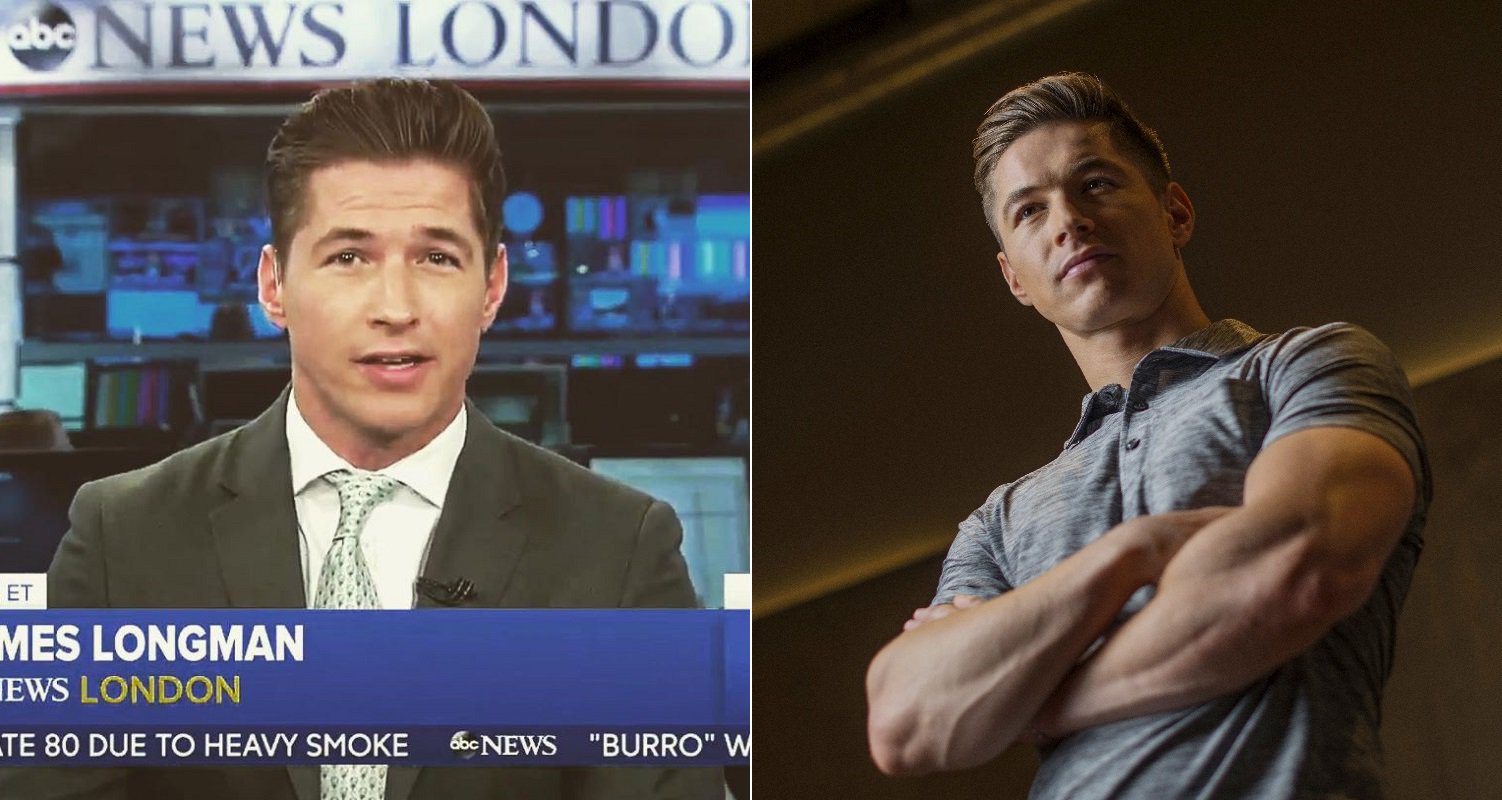
This article first appeared in Attitude issue 281, April 2017.
Words: Cliff Joannou / Photography: Markus Bidaux
[N.B. This article was published before James’s move to ABC News in June 2017]
James Longman is a BBC News correspondent who’s reported from Syria and the scenes of some of the worst terrorist attacks in Europe. H’es just been nomionated for the RTS Young Talent of the Year Award for his work on the Victoria Derbyshire programme, and tells us all about keeping in shape on the road and drawing attention to mental health issues…
How did you end up specialising in reporting on terrorism?
I did my degree in Arabic and went to live in Syria as part of that. Then I did a Masters in communication and went back to Syria to do more studies on the country. By the time the war began I’d been back and forth for six or seven years. I thought: “Why don’t I write for the newspapers?” So I contacted The Daily Telegraph and ended up spending a bit of time with the rebels. I gave a talk about having been inside Syria, the BBC were there and they offered me a job. I fell in love with the country, it’s the most beautiful amazing place. 
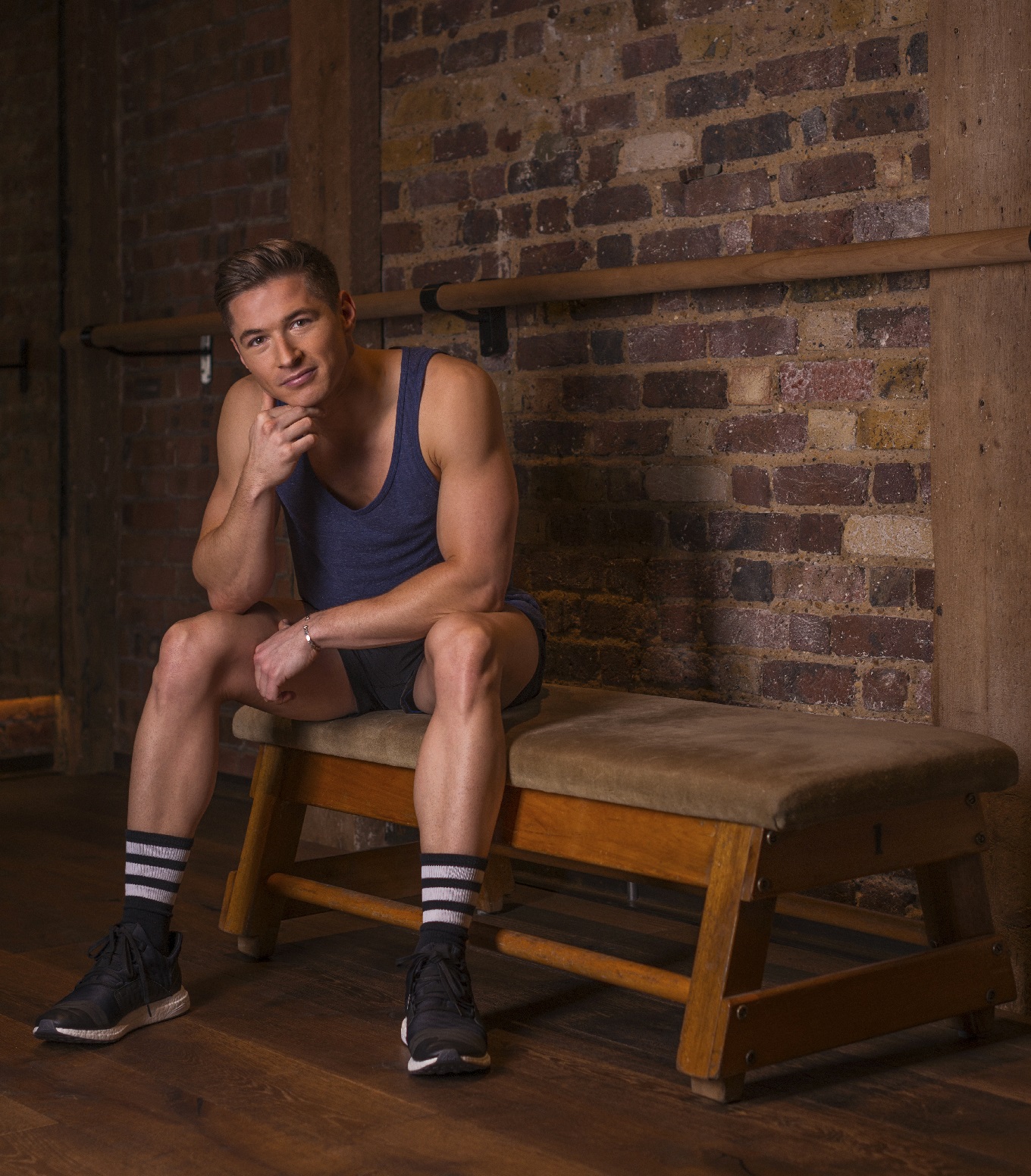
You’ve reported on Islamic State as well. How does that feel as a gay man, to be reporting on a group that is stridently targeting gay men, burning them, throwing them off buildings?
What ISIS does is horrific in every way, regardless of what it does to individual groups. I did a story in Lebanon about a man who had been arrested by ISIS because he was gay and had been tortured. It struck me that the one group of refugees — those who are fleeing war in Syria, anyway — who really need a lot of attention, and my job as a journalist is to shed light on things, is the gay community. They are the one demographic which doesn’t have their own family to support them. When you’re a refugee in Syria, you might have someone you can call in Lebanon, or Turkey, or somewhere in Europe. But when you’re a gay man or woman not only can you not make that call, because your family have rejected you, but in some cases like this one, his father was actually trying to have him killed, too. So ISIS had tried to kill him, his father had sent his brother-in-law to kill him, he wasn’t safe at all. And obviously that horrifies me.
Does your sexuality ever make you feel particularly vulnerable?
No, first of all it’s a lot more open than people think — Lebanon especially is not a country which actively persecutes homosexuals. But it’s just not something that I tend to think about because I’m dealing with life and-death situations and it’s bigger than that. I’m obviously not going to wander around in an unsafe space and be all like “hey” and get on a dating app to find guys. But it’s one of the images that people have about the Middle East which is a stereotype and that they probably need to think about a little more carefully. 
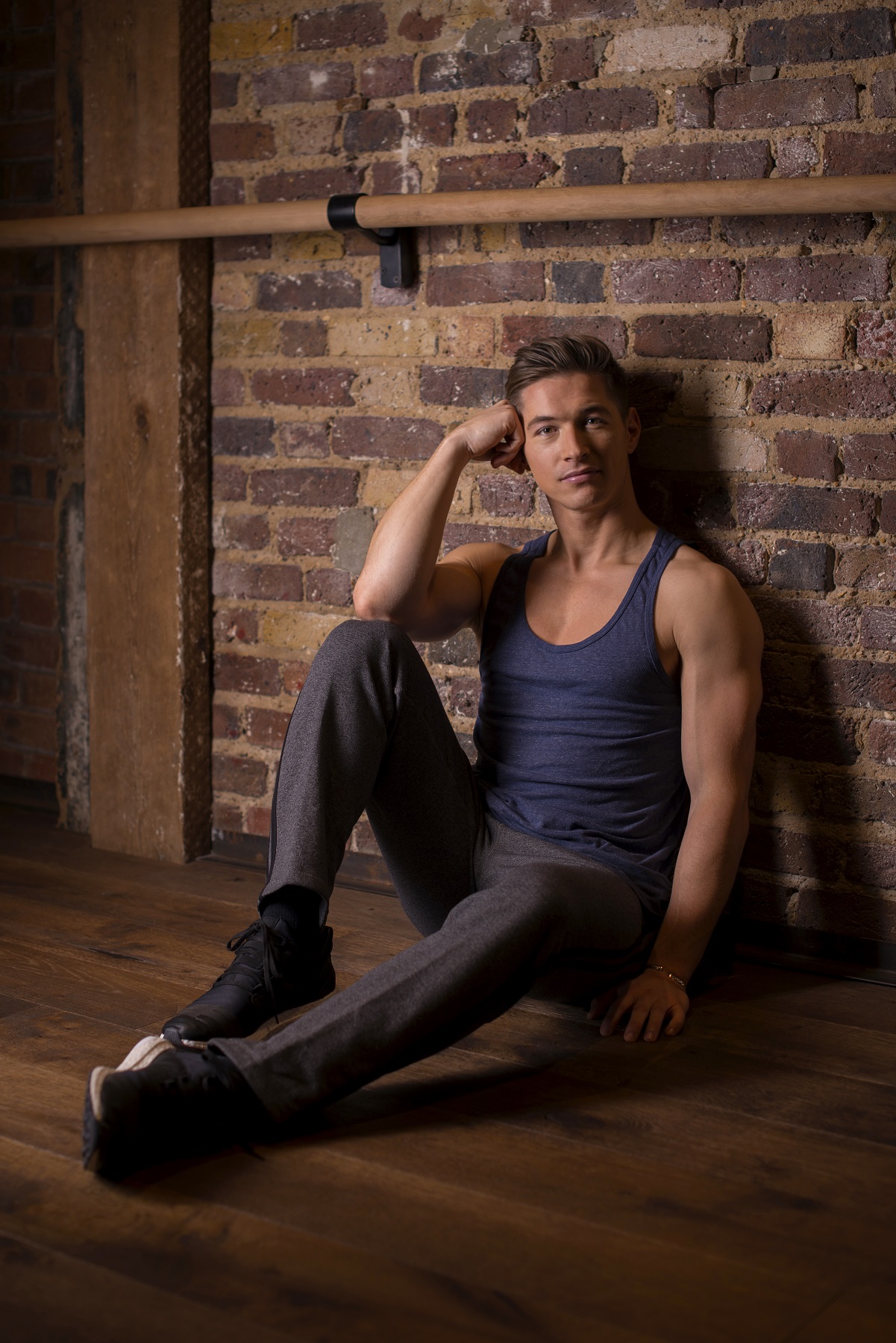
You’ve mentioned in the past that you suffer from depression, how do you manage while being in an environment which is so removed from your, or anyone else’s, comfort zone?
I think as long as I’m busy, I’m happy. As long as I’m feeling as if I’m doing something worthwhile I feel happy. And so if I can go and do a job where I report on something that I feel is going to make a difference then that makes me happy. That’s a huge part of why it’s not isolating. Plus you’re always bumping into your colleagues.
In terms of your image on camera, news correspondents are usually expected to not make themselves look too good because this can distract from their gravitas. You’re a handsome, well-groomed guy. So do people make judgements about you?
I know that there have been. It doesn’t bother me too much, we all have different hurdles we have to face in our careers. If that’s mine, it’s not too bad. It’s important though and I am conscious of it because I am doing a job where, a lot of the time, I am reporting on really quite serious things. I’m telling you about a siege in a city in Syria where children are dying and if, to the audience, it sounds as if I don’t know what I’m talking about, I worry. But I do what I can to make sure I do the best job that I can. I can’t do anything but report and I’m judged by the work that I do. 

And you don’t find it a conflict where, for example, on your Instagram you’re posing topless on the beach or in the gym?
There are a couple of posts on my Instagram that are probably a bit too close to the line and I probably won’t do that again! But no, I don’t think that my life with my friends, going to the beach, is a conflict. I think it’s good, certainly for a younger audience, to know a little bit more about the people who are telling them about the world.
Today, the BBC has asked you not to take your top off for this shoot, which is fine. Why do you think there’s a policy like that?
Because I’m doing a serious job. Other people at the BBC have done different things and that’s fine but I don’t work in entertainment, I don’t work in business or weather. I work most often on stories of life and death and it would be a bit disrespectful. 
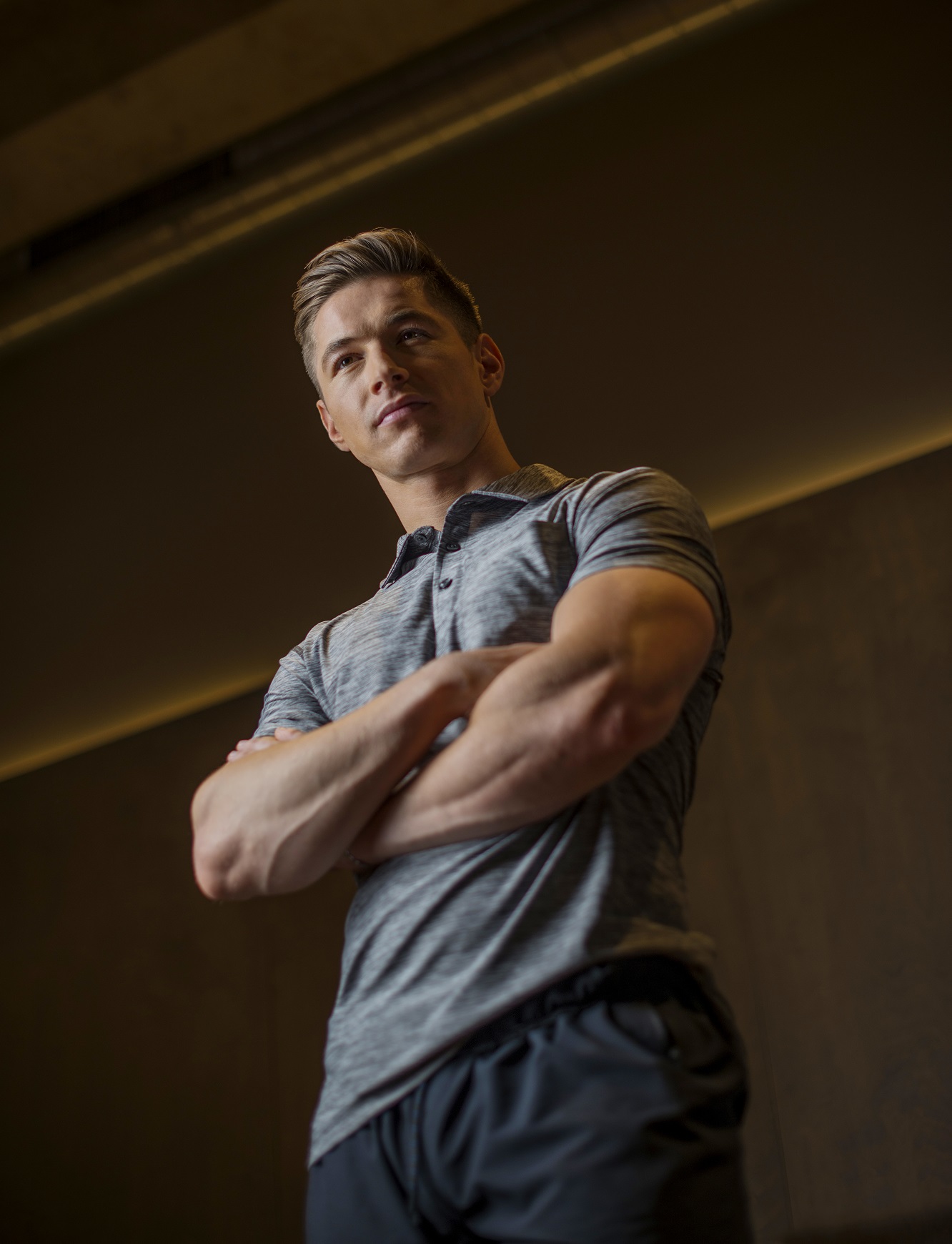
What of everything you’ve reported on has made a personal difference to you?
The mental health stuff. I didn’t want my father’s death to be for no reason [James’ father was diagnosed with schizophrenia and killed himself when James was nine. He reported on it for the Victoria Derbyshire programme last year]. Having also had depression, I feel passionately about talking about it, because I know that it’s an issue that many people in my demographic — young, white men — suffer from acutely. I’ve heard so many people say: “I didn’t expect that from someone like you.” That phrase, “someone like you”, what does that even mean? It shouldn’t mean anything. And that’s also why I was really keen on doing it. I wanted to show that anyone, at any period in their life, can have these sort of issues and it doesn’t matter, it’s like having cancer, it’s like having diabetes.
In terms of keeping the balance between looking good and feeling good, is it difficult to stop looking good becoming an obsession?
I think it’s a big thing in the gay community. I think it’s a big thing for men in general, gay or straight. It’s a huge part of modern life. For me, I know that if I get up in the morning and I don’t train or go for a run or at least something, I’ll be in a bad mood for the rest of the day. Weirdly, I’ll also be hungrier [laughs]. So yeah, you’re definitely right, you don’t want to obsess too much about the way you look but if I didn’t exercise I’d be grumpier and angrier all the time. 
So you find it therapeutic?
Oh, definitely. My doctors were all like: “You need to keep training.” If you have something you enjoy in life, you need to keep doing it. I knew I was down when I wasn’t interested in going to the gym any more. That was my bar and something has to be wrong if I’m not interested in going.
So what’s your typical routine like?
I do a lot of cycling, rowing and swimming. I do a weights routine probably twice a week with a chest focus and then a leg focus, but then the rest of it is just lots of cycling and swimming, every morning. I get up at 5.40am and am in the gym by 6.30. I like feeling as if I’m getting stuff done while everyone else is asleep.
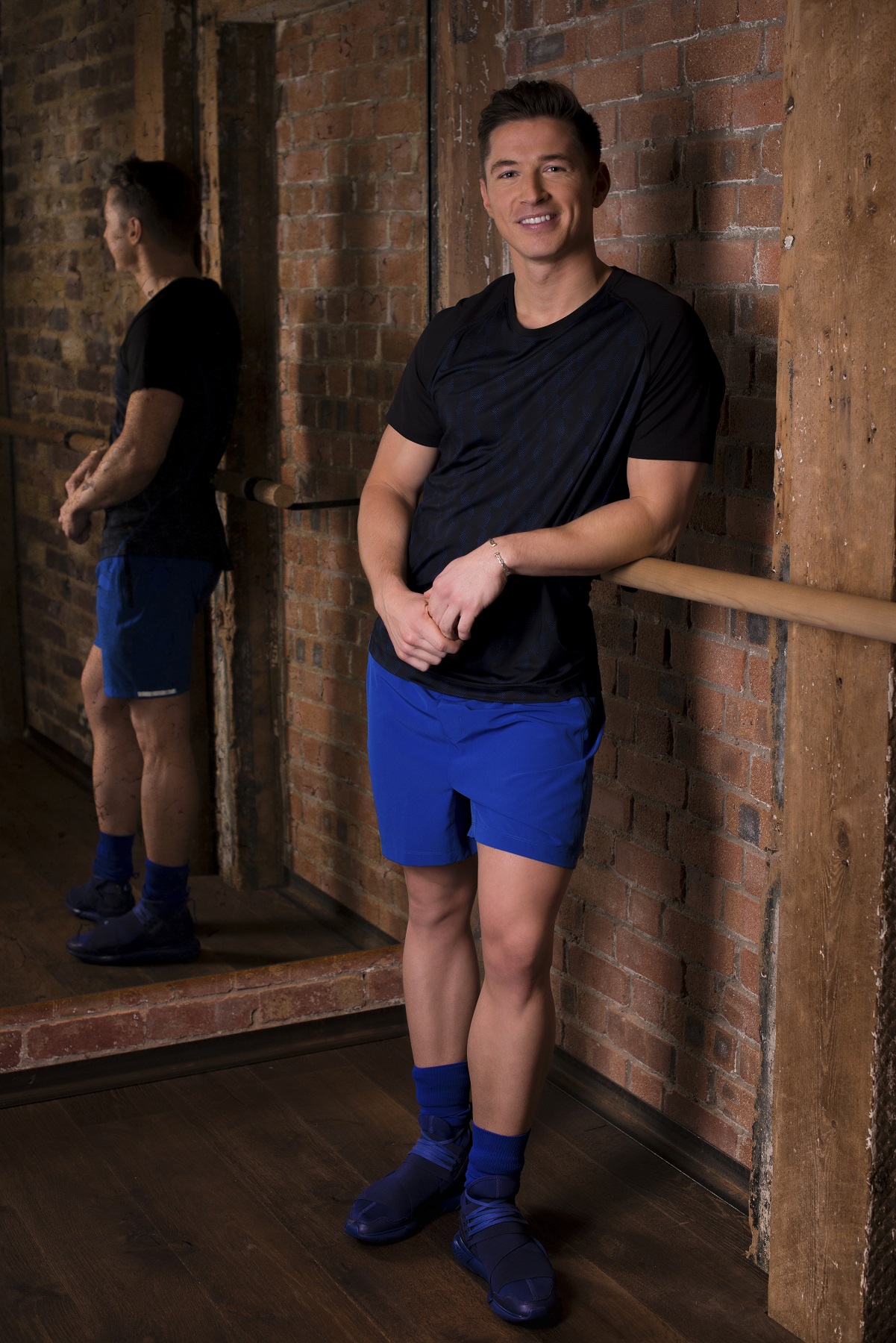
How do you keep up your exercise routine when you’re on the road? How do you fit it in?
I always make sure that in my bag I’ve got a skipping rope and a TRX cable that I can just hang up in a hotel. You’ve got to fit it in. Some days it is really difficult because you’re on air, like when I was in Paris covering the Charlie Hebdo and Bataclan attacks. That was horrific. I was on air at 5am and finished at 6pm so by the time I was done I just wanted to go and lie down. Exercise is really important when you are in a situation like that. You just need that time to clear your mind a little bit.
